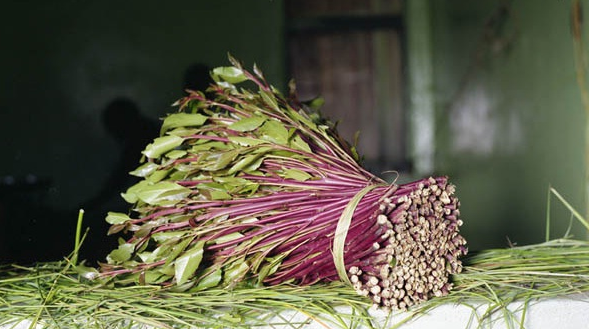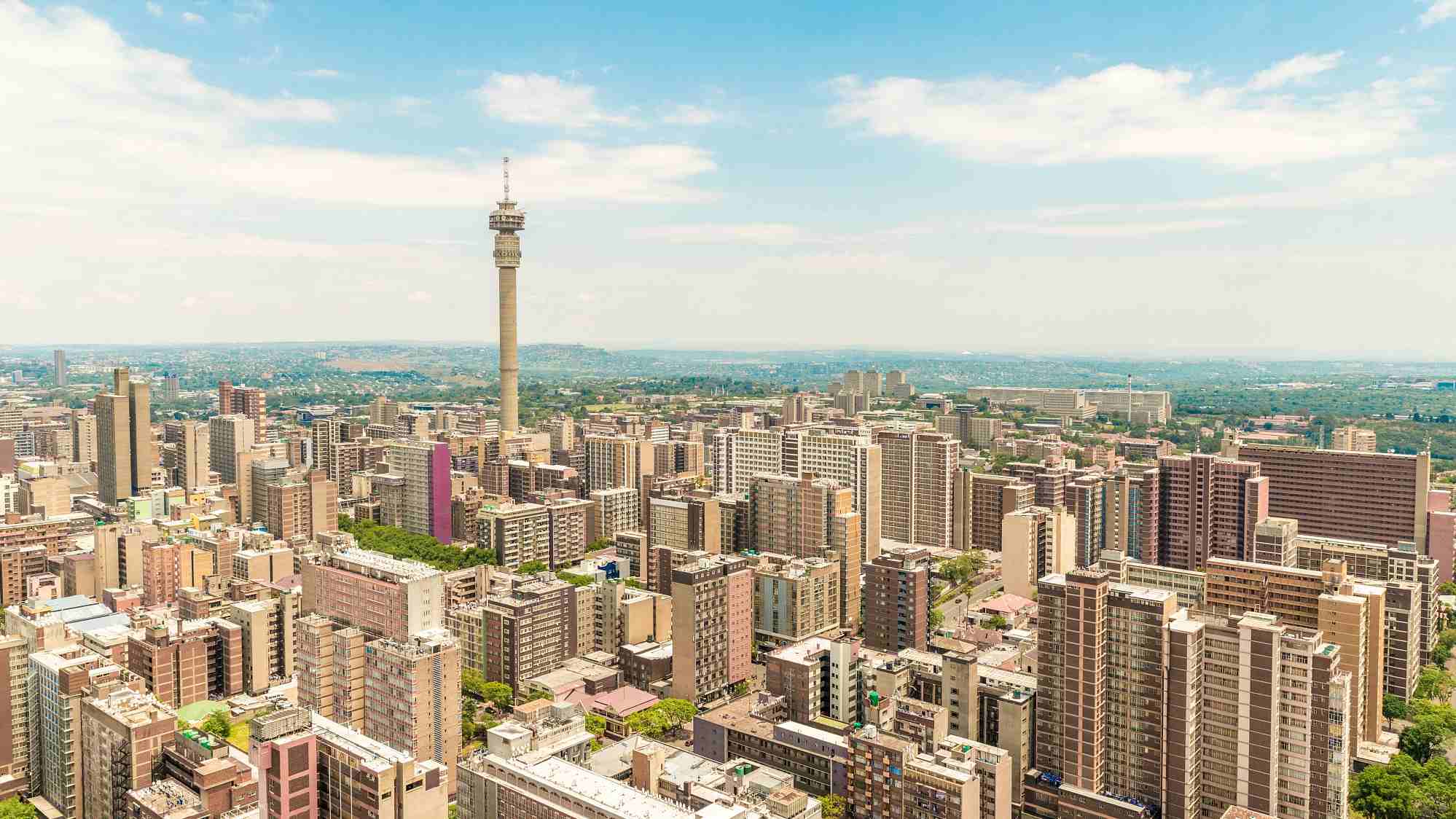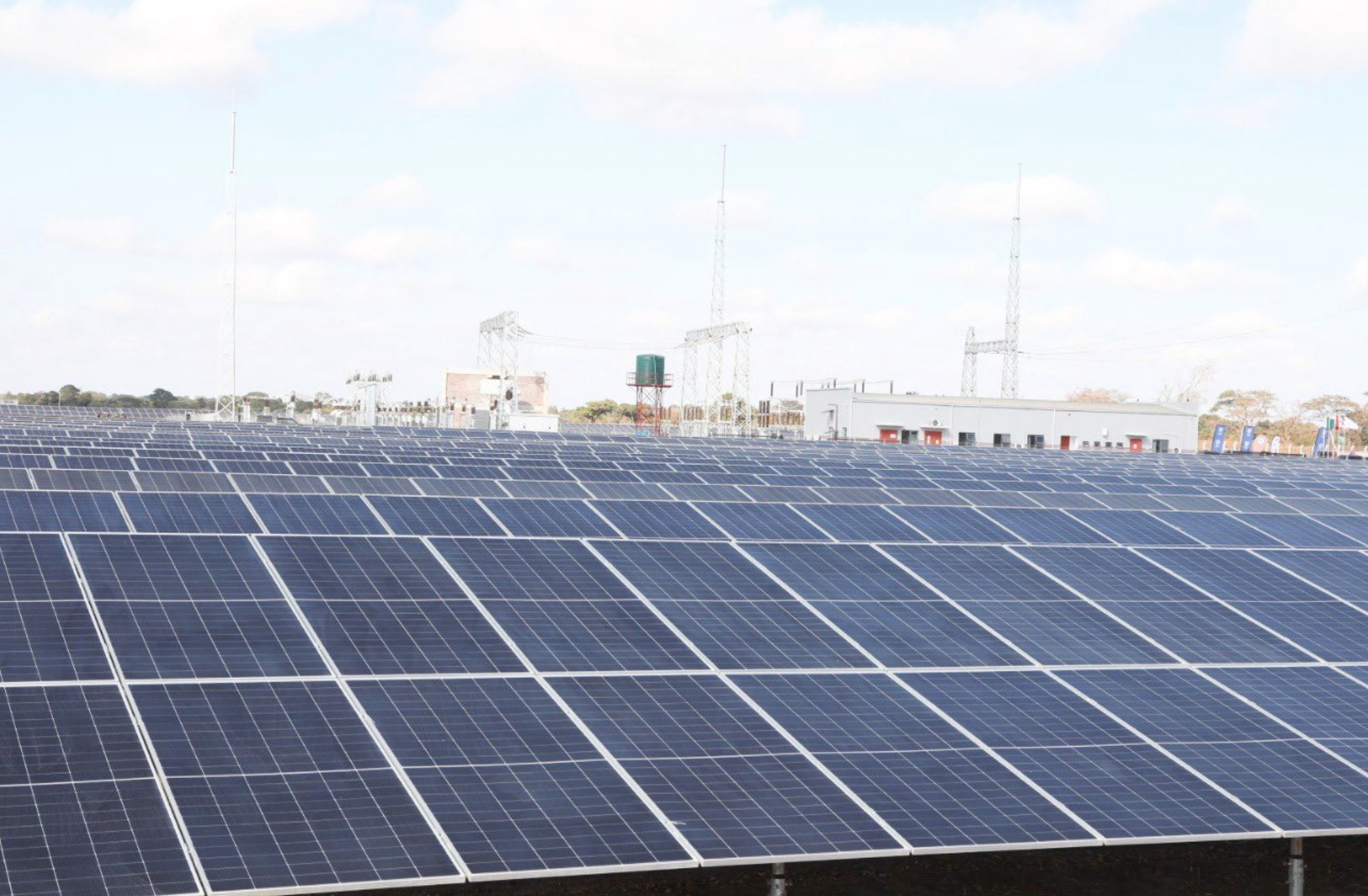
Khat gains ground on coffee as a cash crop in Ethiopia

The centuries-long practice of planting coffee trees in Ethiopia’s fertile farmlands is now being abandoned in favour of khat, a leafy plant chewed as a stimulant in the Horn of Africa and the Arabian Peninsula.
“Coffee comes only once a year. But you can harvest khat twice a year,” said Jemal Moussa, a 45-year-old farmer and father of six who depends on the narcotic leaf for income.
Illegal in several Western nations, the leaf is immensely popular in the region, giving the chewer a mild amphetamine-like high.
Moussa said it was in the early 2000s that farmers in the Awedai area started planting khat as its popularity rose and coffee prices remained stagnant.
Coffee still remains Ethiopia’s main export but a growing number of farmers say khat’s shorter growing season makes it a more potentially valuable crop. Coffee is also heavily dependent on rain, khat needs less which makes it a more attractive option in areas affected by drought.
One kg of coffee sells for between 50 and 60 birr. A bunch of khat, while not measured in kilograms, goes for 100 birr.
In addition to cash incentive of khat, coffee growing is being affected by drought as well as dwindling forest coverage.
Farmers believe the characteristic flavour of Ethiopian coffee is derived from growing it in the shade of larger trees – leaving it vulnerable if trees are stunted or removed.
“The harvesting is already delayed by three and a half weeks. By now we would have processed 85-plus percent. But now we have not even picked that much as you can see,” said Aman Adinew, chief executive of Metad Agricultural Development, which processes coffee in Yirgacheffe in southern Ethiopia.
Yirgacheffe is one of the best known coffee brands for Africa’s biggest producer of the bean.
“The coffee is still green on the tree – it needs rain to turn red. We are hoping it comes soon,” said Aman. “But if this trend continues, it is going to adversely impact the farmers and businessmen like us the growers like us and the country.”






